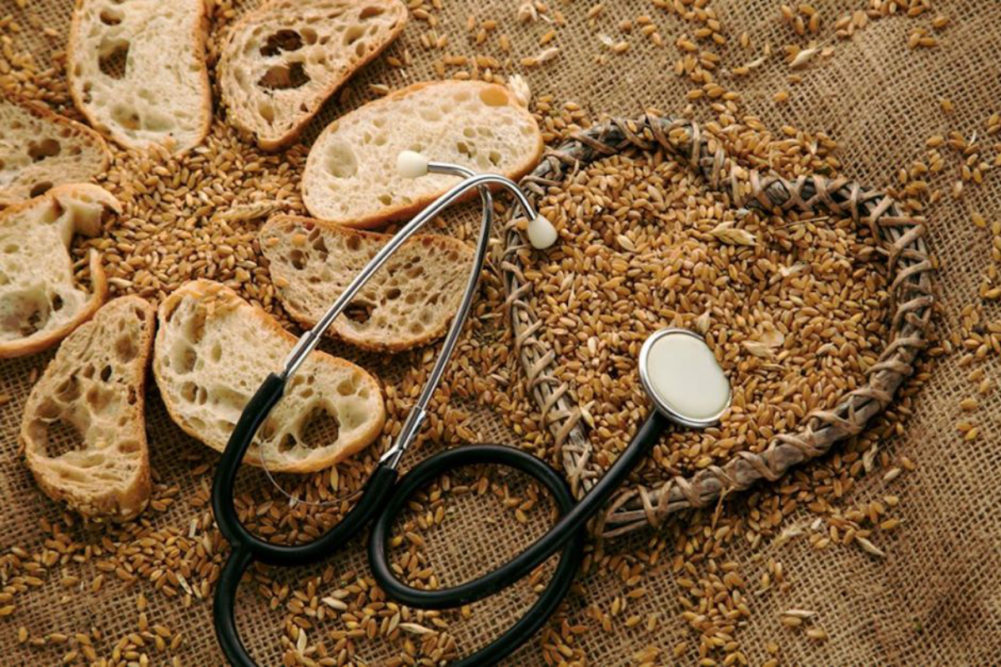Encouraging consumption of products made from enriched grains, including bread, pasta and rice, is central in the advice of obstetricians to pregnant women and women in childbearing years, said Bruce Young, MD, a leader in the obstetrics and gynecology field.
Speaking to the Dietary Guidelines Advisory Committee in response to the committee’s recently published scientific report, Dr. Young said foods fortified with folic acid should be part of the diet of women during childbearing years. Dr. Young spoke to the committee on Aug. 11 as a member of the Grain Foods Foundation scientific advisory board. In addition to the GFF, Dr. Young’s comments were offered on behalf of a coalition of grain groups known as the Grain Chain.
Providing patients with advice that maximizes the probability of a positive pregnancy outcome for a woman and her baby is central to the practice of gynecologists and obstetricians, Dr. Young said. Nutrition looms significantly in such guidance.
“As a clinician, I provide care to normal and high-risk pregnant women as we strive to have healthy pregnancies that result in healthy babies,” he said. “We know firsthand how that nutrition plays a significant role in those healthy outcomes. We emphasize the importance of eating folic acid fortified foods, such as enriched breads, cereals, enriched pasta, milled rice and tortillas before conception occurs, to prevent neural tube defects.
“We explain that the critical period is in the early weeks of pregnancy, often before the patient knows that she is pregnant, so folic acid enriched foods should be part of the daily diet. Since many women are iron deficient, we explain the critical role iron has in meeting the increased demand during pregnancy, to form maternal and fetal blood. We try to recommend appropriate weight gain and encourage proper nutrition during pregnancy as crucial for healthy women and babies. “
Dr. Young’s observations were at odds with findings in the DGAC scientific study, which encouraged women of childbearing age to consume more whole grains and avoid enriched grains.
Turning to research he has conducted on the subject, Dr. Young described a study of 250 women given a defined pregnancy diet with the study group split between those consuming a 75% whole grain diet and those consuming a 75% enriched grain diet. He said the diets otherwise were the same. The study featured a number of compliance measures.
The study found no “difference in outcomes for maternal and neonatal parameters between the diets with regards to maternal weight gain, birth weights, Apgar scores, subcutaneous fat, hypertension, pre-eclampsia, and glucose tolerance,” he said. Both groups gained weight appropriate for pregnancy.
Dr. Young gave considerable emphasis to the importance of dietary fiber in diets, noting that in the study the two study groups contained similar amounts of fiber each day — 30 grams for the whole grains group and 25 grams for the enriched grains group.
“Our data show that in pregnancy both diets — enriched refined grains and whole grains — contain sufficient fiber and nutrition to result in healthy outcomes, with no significant outcome differences between them,” he said.
The ramifications from his research extend beyond recommendations for pregnant women, Dr. Young said.
“Besides pregnancy, all grains, enriched refined and whole, are valuable contributors to our health,” he said. “To help combat the obesity epidemic, Americans need clear dietary guidance based on strong evidence from randomized controlled studies.”

